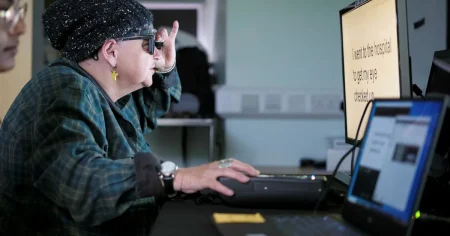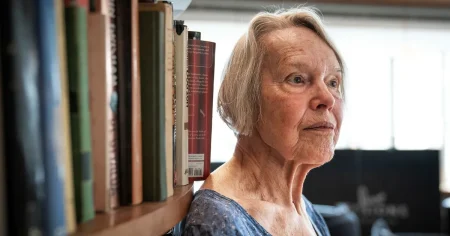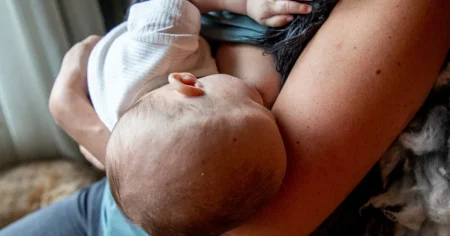The burgeoning field of alternative fertility treatments has witnessed a surge in popularity, particularly among women struggling with conception. In Sweden, hundreds of acupuncturists claim to boost fertility using a range of methods, including acupuncture, herbal concoctions, and even practices like the symbolic strangulation of a dove. These practices, often steeped in traditional medicine and folklore, are presented as viable alternatives or complements to conventional medical interventions. However, the scientific community emphasizes the lack of robust evidence supporting the efficacy of these alternative methods for enhancing fertility. This disparity between claimed benefits and scientific validation raises concerns about patient safety, informed consent, and the potential financial exploitation of vulnerable individuals seeking solutions to a deeply personal struggle.
The core tenets of traditional Chinese medicine (TCM), upon which acupuncture is often based, revolve around the concept of balancing vital energies or ”Qi” that flow through the body. Acupuncturists posit that blockages or imbalances in this energy flow can contribute to various health issues, including infertility. They claim that strategically placed needles can stimulate specific points along these energy meridians, restoring balance and thereby improving reproductive function. Similarly, herbal remedies are often prescribed based on the principles of TCM, with specific blends tailored to address individual imbalances. The ritualistic practice of the dove strangulation, while less common, exemplifies the symbolic nature of some traditional fertility practices, reflecting a deep-seated desire to influence natural processes through ritual and belief. Proponents of these methods frequently cite anecdotal evidence, patient testimonials, and long-standing traditions as proof of their effectiveness.
However, the scientific community’s evaluation of these claims rests on rigorous clinical trials and statistically significant data, standards that these alternative treatments often fail to meet. The existing body of research on acupuncture for fertility is mixed, with some studies suggesting potential benefits while others find no significant impact. A common critique of many studies is the lack of methodological rigor, including small sample sizes, inadequate control groups, and the subjective nature of reported outcomes. Furthermore, the complex interplay of factors influencing fertility makes it challenging to isolate the specific effects of any single intervention. Similarly, the efficacy and safety of many herbal remedies remain largely unproven, with concerns about potential drug interactions and adverse effects. The symbolic practices, like the dove strangulation, lack any biological plausibility and are viewed by the medical community as culturally significant rituals rather than effective fertility treatments.
The absence of robust scientific evidence supporting these alternative fertility treatments raises several ethical concerns. Patients seeking assistance with conception are often emotionally vulnerable and may be more susceptible to unsubstantiated claims. The financial burden of these treatments, often not covered by insurance, can further exacerbate the strain on individuals already investing significant resources in their fertility journey. The lack of transparency regarding the limited scientific backing of these methods can be viewed as misleading, potentially hindering patients from making informed decisions based on realistic expectations. Furthermore, reliance on alternative therapies might delay or prevent patients from seeking evidence-based medical interventions that have demonstrated effectiveness, potentially reducing their chances of achieving their desired outcome.
The debate surrounding alternative fertility treatments highlights the broader tension between traditional practices and evidence-based medicine. While acknowledging the cultural significance and potential psychological benefits of some traditions, the medical community emphasizes the importance of prioritizing treatments with demonstrable efficacy and safety. This does not necessarily imply a complete rejection of alternative methods but rather advocates for a more integrated approach. Complementary therapies, used in conjunction with conventional medical treatments and under the guidance of qualified healthcare professionals, can potentially offer a holistic approach to fertility care. However, it is crucial that patients are fully informed about the limited scientific evidence supporting these complementary therapies and are empowered to make decisions based on a realistic understanding of their potential benefits and risks.
Moving forward, fostering open communication between patients and healthcare providers is crucial. Patients should feel comfortable discussing all treatment options, including alternative therapies, with their doctors. Healthcare professionals have a responsibility to provide evidence-based information about all available options, including the limitations of alternative treatments. Further research, conducted with rigorous scientific methodology, is necessary to better understand the potential benefits and risks of these therapies. This will allow for a more informed and balanced approach to integrating complementary treatments into fertility care, prioritizing patient safety and well-being while respecting individual beliefs and cultural practices. Ultimately, the goal is to empower individuals on their fertility journey with accurate information and support them in making the best decisions for their individual circumstances.














